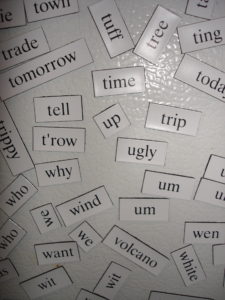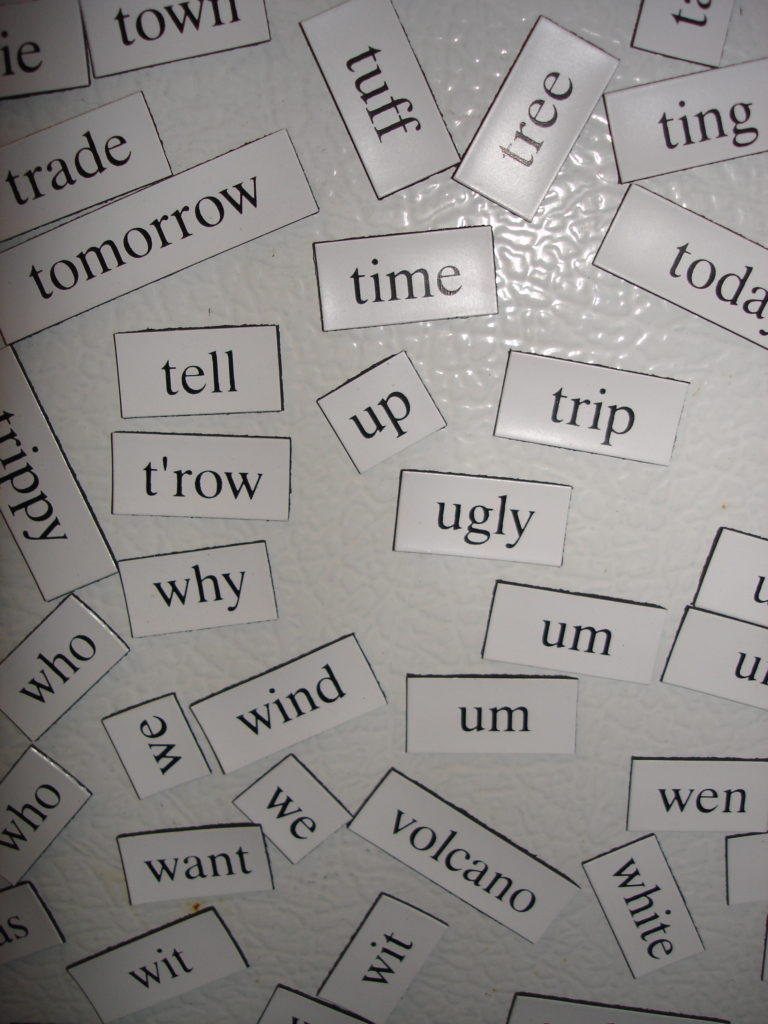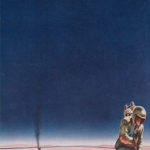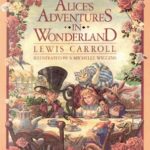May I Have A Word?
 We’re writers around here, most of us, and readers. As such, we might be a little more aware of words than others, but we aren’t the only ones who use them.
We’re writers around here, most of us, and readers. As such, we might be a little more aware of words than others, but we aren’t the only ones who use them.
It’s easy to use the word word, but hard to define it with words. Wikipedia calls it “the smallest element that may be uttered in isolation with semantic or pragmatic content (with literal or practical meaning). “
I call that techspeak. (Is techspeak a word?)(Do you know what it means?)(Okay, then; it’s a word.)
I prefer the definition given by my tattered, clunky unabridged Webster’s (circa 1970): “a speech sound or series of them, having meaning and used as a unit of language.”
That’s what it’s all about, isn’t it? A sound with meaning?
Not really. When we read silently, words make no sound. When I hear Chinese, the sounds are meaningless to me but are words nevertheless.
This is getting complicated. Let’s define the word words as used in this post to mean the sounds and symbols of written and spoken English.
As discoveries are made and technologies invented, terms must be found to describe these newfangled spangles. Sometimes it’s done by assigning new meaning to old words. The word computer, for instance, hails back to the 17th century, when it meant a person, not a gizmo, who made computations. The original landline was a wire carrying telegraph signals over land rather than under water. And there was a time when Spam only came in a can.
Thanks to this phenomenon, sometimes dubbed semantic shift, it can be hard to know what word to use. No writer in this decade is likely to say a happy character is in a gay mood or use hussy to describe a respectable housewife. However, other terms are still up in the air.
decade is likely to say a happy character is in a gay mood or use hussy to describe a respectable housewife. However, other terms are still up in the air.
Example: Is it still incorrect to say “Hopefully the Steelers will play better next year”? Not long ago, hopefully meant full of hope, as in “I look hopefully toward the Steelers’ next season” (though truthfully, I don’t; it’s a little depressing). But thanks to chronic misuse by all and sundry, I believe the first-cited usage is now kosher.
BTW, what’s sundry? And how long will it take for BTW to be OK?
Evolution is real, at least where language is concerned.
This seems particularly prevalent in the world of speculative fiction. SF writers are forever making up words to name those not-always-farfetched inventions that fuel their plots and their starships. Fantasy writers have also been known to coin the occasional term. (Have you ever heard of a hobbit?) Some end up slipping into the mainstream language. (Have you ever heard of a hobbit?) Oh, wait—I already said that. Okay, then, how about chortle or galumphing, both of which entered our flowing lexicon through the poetry of Lewis Carroll?
The trick, I’d say, in creating words is to make sure they’re a comfy fit. A hobbit by any other name may never have gone to the movies. Had Carroll switched galumphing with frabjous, “Callou Callay” just wouldn’t have the same ring to it. And I hate to think what would have become of one of my favorite Narnia characters if C. S. Lewis had made Puddleglum a swampgiggle.
Words. They’re not just for Webster anymore.








































I spent many years in a prescriptivist newsroom, learning all sorts of false injunctions about what words were allowable and what words were not words, and what verbs could “never” be used as nouns, e.g., impact.
Oddly enough, it was when I set out to be the best copyeditor I could be, that I learned just how wrong-headed some of my colleagues’ superstitions were. I don’t follow Language Log on a regular basis anymore, because those guys are just too prolific for me to keep up with them. But that’s one of the first places where I learned that there’s more to using words elegantly than the AP Stylebook would have us believe.
Hi, Kristen,
You’re right, it’s not as cut-and-dried as some people would like to make it. Perhaps too much freedom makes them uncomfortable.
But hey, I recognize your name! I put two books in the mail for you recently that you won in a drawing on Ralene Burke’s blog. I hope they arrive safely soon and that you love them, made-up words and all!
Looking forward to it! Made-up words are the best!
I love this post! The constant coming and going of new words and ancient words is fascinating to me. Words are magical and so fun to play with!
http://susieklein.wordpress.com/
[…] also happy with my post on Speculative Faith Wednesday. It was fun. Now all I have to do is figure out what to write about next time. (The […]
[…] for me, and I could go on and on about it. In fact, I do go on about it (but not on and on) here. Today, I want to focus on one word. You guessed it: the word you. (Maybe we’ll talk about […]